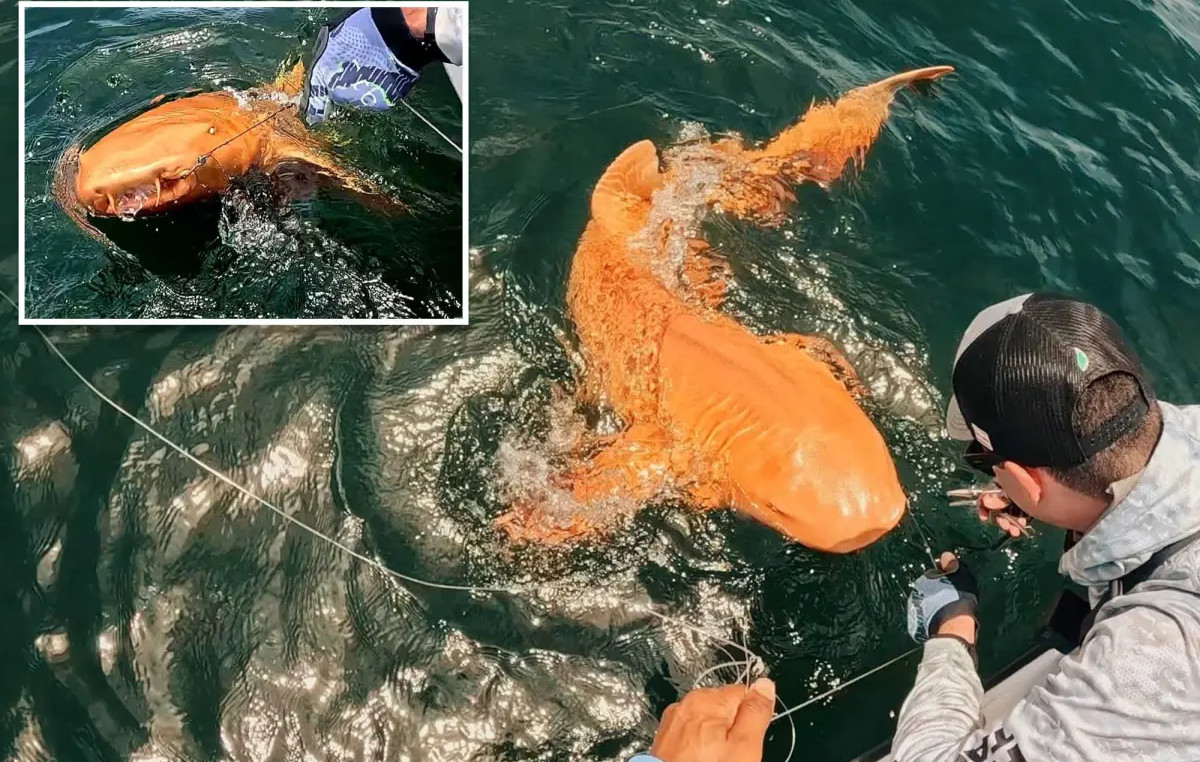The Federal Public Ministry (MPF) filed a public civil action seeking the annulment of the concession of four oil and gas exploration blocks in the Amazon Sedimentary Basin.
The reason is the potential impact of these activities on six indigenous lands and 11 conservation units, without prior consultation with the affected communities. The action was filed against the Union, the National Petroleum, Natural Gas and Biofuels Agency (ANP) and the companies Atem Distribuidora and Eneva SA, which acquired the exploration rights.
The MPF requests that approval be suspended and that companies be prohibited from carrying out exploratory activities until communities are consulted. Furthermore, the MPF proposes a claim value of R$7.8 million, equivalent to the total bonus offered by the blocks.
Since 2015, the Federal Public Ministry has recommended to the ANP the exclusion of blocks with potential harm to the environment and local communities from auctions in the Amazon basin. However, blocks AM-T-63, AM-T-64, AM-T-107, AM-T-133 and the Campo do Japiim Marginal Accumulation Area were offered normally and auctioned in December last year in the 4th Cycle of the ANP Permanent Concession Offer.
The auctioned blocks are in an area close to the Coatá-Laranjal, Gavião, Lago do Marinheiro, Ponciano and Sissaíma indigenous lands, in addition to partially falling on land claimed by the Maraguá indigenous people.
The MPF argues that allowing exploration in locations close to indigenous lands, especially when one is pending demarcation, creates legal uncertainty and potential future conflicts. The right to prior consultation of indigenous and traditional communities regarding developments on their lands is based on Convention No. 169 of the International Labor Organization (ILO).
The MPF emphasizes that the consultation must be free, prior, informed and carried out in an appropriate manner, without distinction between demarcated and non-demarcated lands. The agency also highlights that oil and gas exploration generates environmental impacts even before the construction of projects. The drilling of exploratory wells requires feasibility studies that already represent a significant environmental interference.
Furthermore, the ANP did not consider the presence of local communities when deciding on the blocks, and exploration could facilitate invasions and land grabbing in the region. In environmental terms, exploitation can affect the lifestyles of thousands of people in indigenous lands and riverside communities, which are areas sensitive to environmental accidents and have rich biodiversity. The MPF advocates a more cautious analysis of the possibility of exploration in these areas.
Source: CNN Brasil
I’m James Harper, a highly experienced and accomplished news writer for World Stock Market. I have been writing in the Politics section of the website for over five years, providing readers with up-to-date and insightful information about current events in politics. My work is widely read and respected by many industry professionals as well as laymen.







